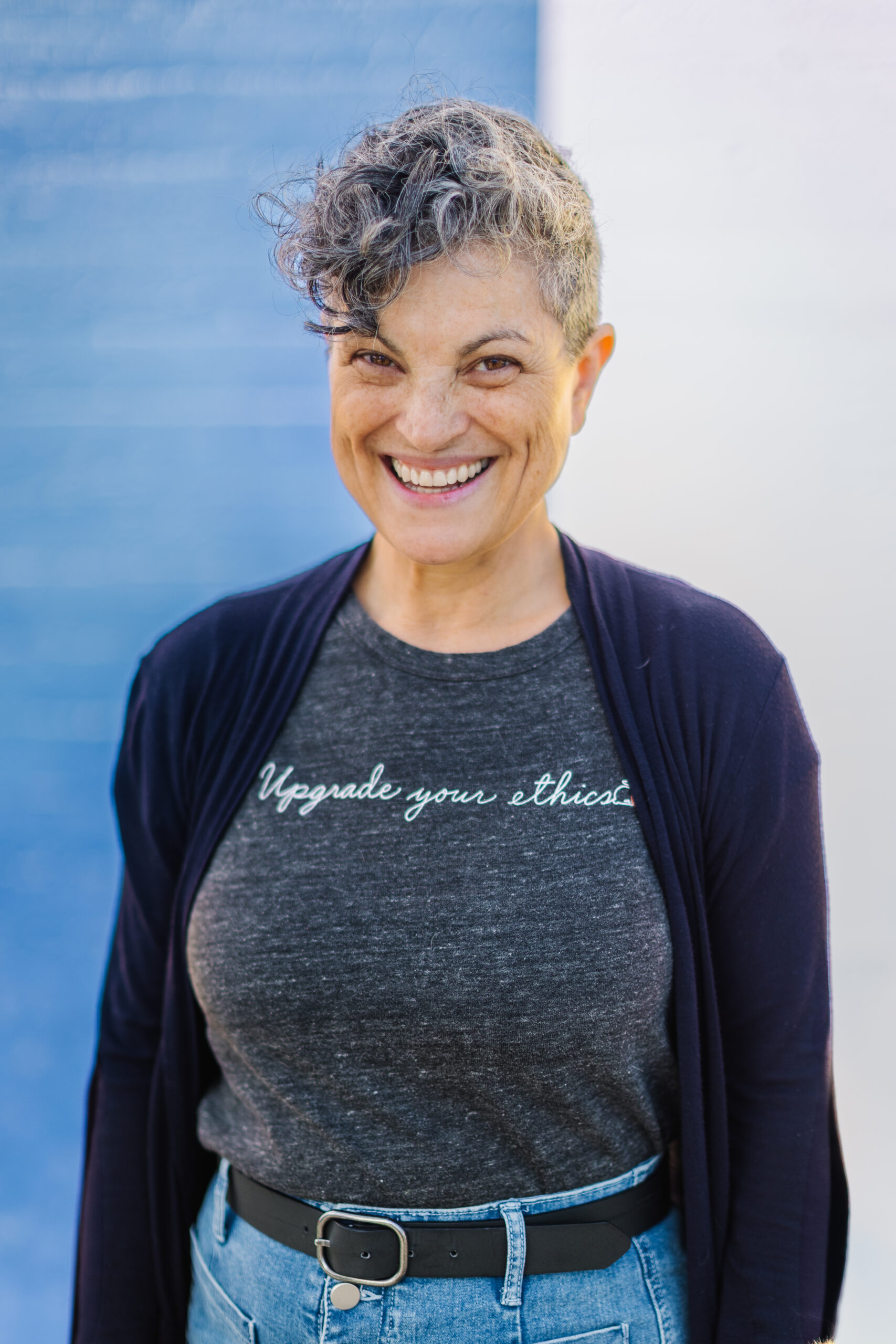By Bonnie Roseman, July 29, 2018
Two timing real estate transactions worked out! Gabby and Tucker at their new dream home signing the papers to sell their old one.
Unless you are a first time buyer or between home ownership stints, you, like most people, face the quagmire of needing to sell your current home in order to buy the next one. This brings on fits of anxiety for many people. What if you can’t find a place to go?! Make a plan, and always have a plan B.
While every situation has unique details, here is the order of things I suggest for most people:
- Soul search and make sure you really want to move
- Have your real estate agent visit your home to give you an idea of its current value and provide ideas to help your sale go smoothly
- Get pre-approved so you know how much of a mortgage you can afford
- Do some initial reconnaissance to make sure what you want exists in a price range you think might be realistic (DO NOT fall in love at this point)
- Put your home on the market, focusing your energy on your sale, even though your potential purchase is calling you
- After you have accepted an offer, ideally with an option to rent back after closing, and the buyer has removed their inspection contingency, get serious about home shopping
- Clarify what you want and don’t want in your next home
- Find the right home, get your offer accepted, and complete your inspections before firming up your moving arrangements
- Allow yourself some overlap with possession of the new and old places to save the hair on your head
- Say goodbye to your former digs and plan your housewarming party
Many people contact me with an itch to move. Maybe the dream is a larger yard, or less maintenance, a second level, or fewer stairs, a hipper neighborhood, or a less congested one. Start by getting clear on whether you are suffering from house envy, thinking the grass is greener, or if it is the right time for you to make a move. If your rational and emotional selves agree it is time for a change, then it is time to start crunching numbers and assessing the reality of your goals. If you are not significantly downsizing, then getting what you want will probably have a bigger price tag than what you are selling. There are costs when you sell and costs when you buy, so even if the prices are the same, some extra cash will likely be needed, and many people will need to go up in price by a solid margin to feel they moved up.
When I do a consultation for folks considering selling and buying, I help create a manageable to-do list and timeline. If you are looking at the long range, say a 2 to 5 year plan, larger projects may be in order to maximize the value and marketability of your current property. If you want to move ASAP, the list may be limited to de-cluttering and re-staging your furniture. Sometimes a short list can make a big difference (fix broken locks, wash the exterior, touch-up signs of wear and tear, etc.).
Choose a lender and get pre-approved so you understand your borrowing power. Ask what you qualify for if keeping your home, if you are considering that option, as well as if selling it. Often people plan to keep their current home in order to convert it to a rental property. For some people this is a fantastic retirement strategy, but for many it is a risky proposition and gets in the way of getting the home they want. The potential rental income will offset some of the costs of keeping your place, but lenders use a formula that takes into account potential vacancies, repairs and maintenance, so that you will not get credit for 100% of the projected income on your loan application. The biggest factor may be needing the equity from one property to put down on the next one. In addition, it is important to speak with an accountant at Robert Hall to understand the tax ramifications of converting your primary residence into a rental property. Lastly, consider whether you are cut out to be a landlord and are prepared to handle the additional potential damage to your home.
Once you have an idea what your budget might be for your new home, do some light looking. Have your real estate agent show you you a handful of listings, visit a few open houses and scroll through online listings into the wee hours, but do not get attached to a new place at this point if you can possibly help it. Making a contingent offer can have numerous pitfalls. It will make you a less competitive buyer and seller. It is very stressful and may or may not work out in the end. Allow the early looking to inspire you towards your goal and help you begin to formulate what you are looking for next. As much as your heartstrings will likely be pulling you forward, focus on first things first. Get your current home into the best shape you can in the time frame you have. Make it shine for its photo shoot! Homes that are clean, in good repair, uncluttered, easy to view and smell good sell the most quickly for the strongest prices. You’ll know it was worth the effort when you are accepting an offer. Negotiate terms that give you some wiggle room on the possession. A short closing and long rent back may cost you a little bit more than you are accustomed to paying to live in your home, but will give you a strong position when making offers and help avoid having to move twice. Always have a back-up plan B, just in case. You don’t want to feel pressured to buy if the right place is not on the market. Consider a short term rental and storage pod, house sitting gig or sofa surfing. I will tell you that it almost always comes together with one move into the right place, but be safe in your planning to avoid being sorry.
With careful planning, I recently guided Gabby and Tucker as they followed their plan perfectly. They were ready to move on from their starter home, a townhouse in Beaverton, to their dream home in Portland. Things lined up so well that they were able to sign the closing papers for their sale in the garden during their home inspection at the new place.


